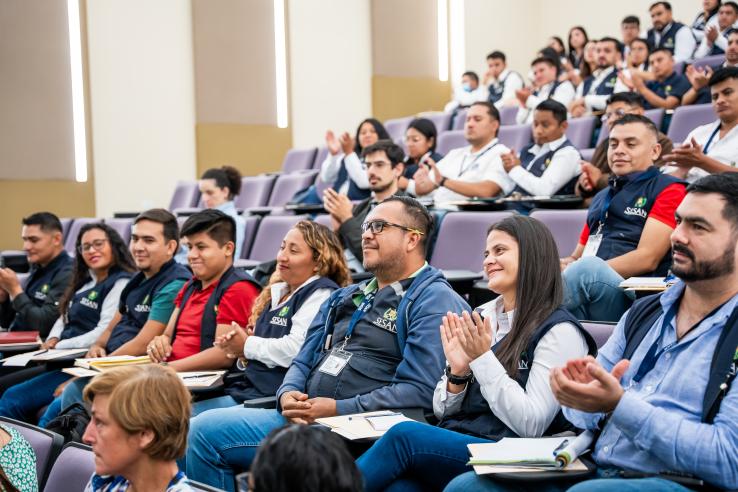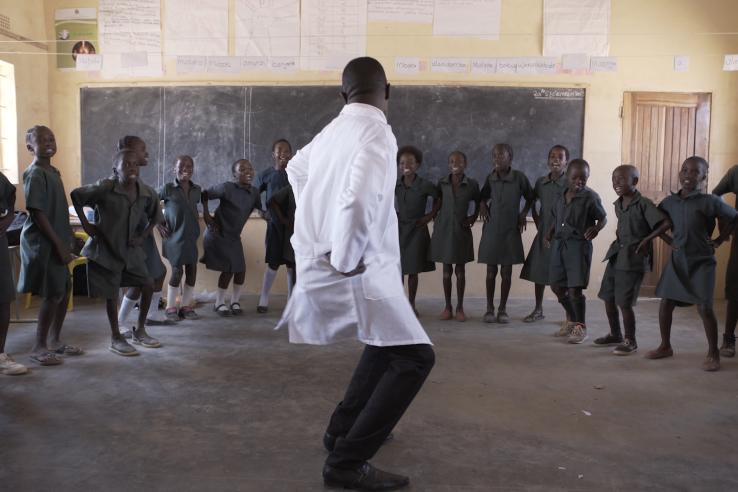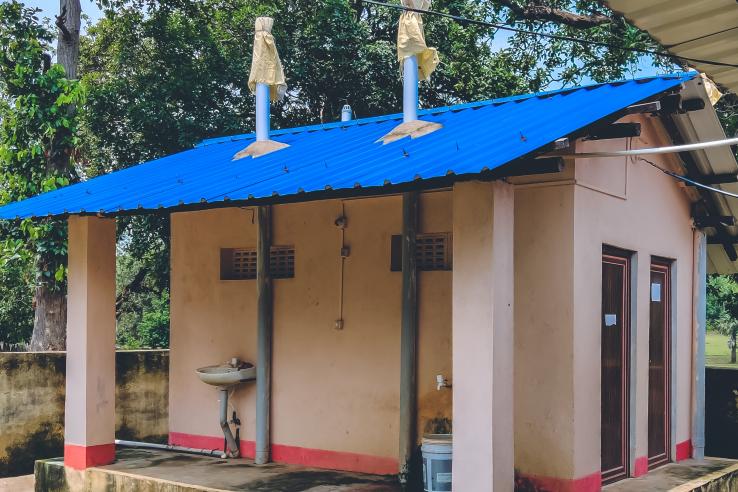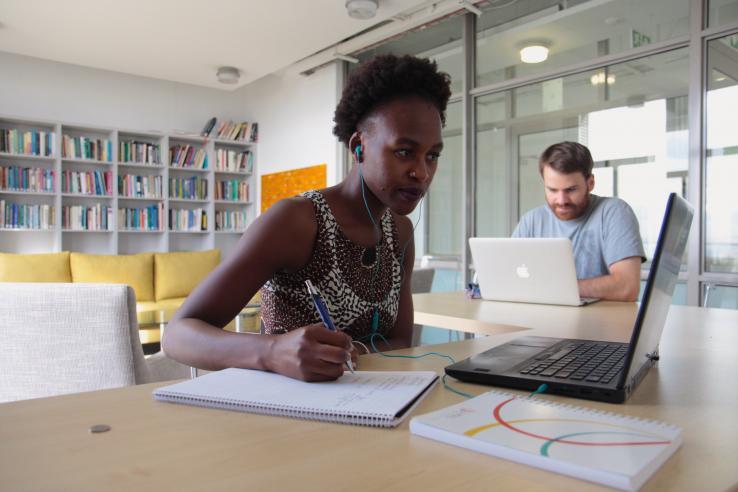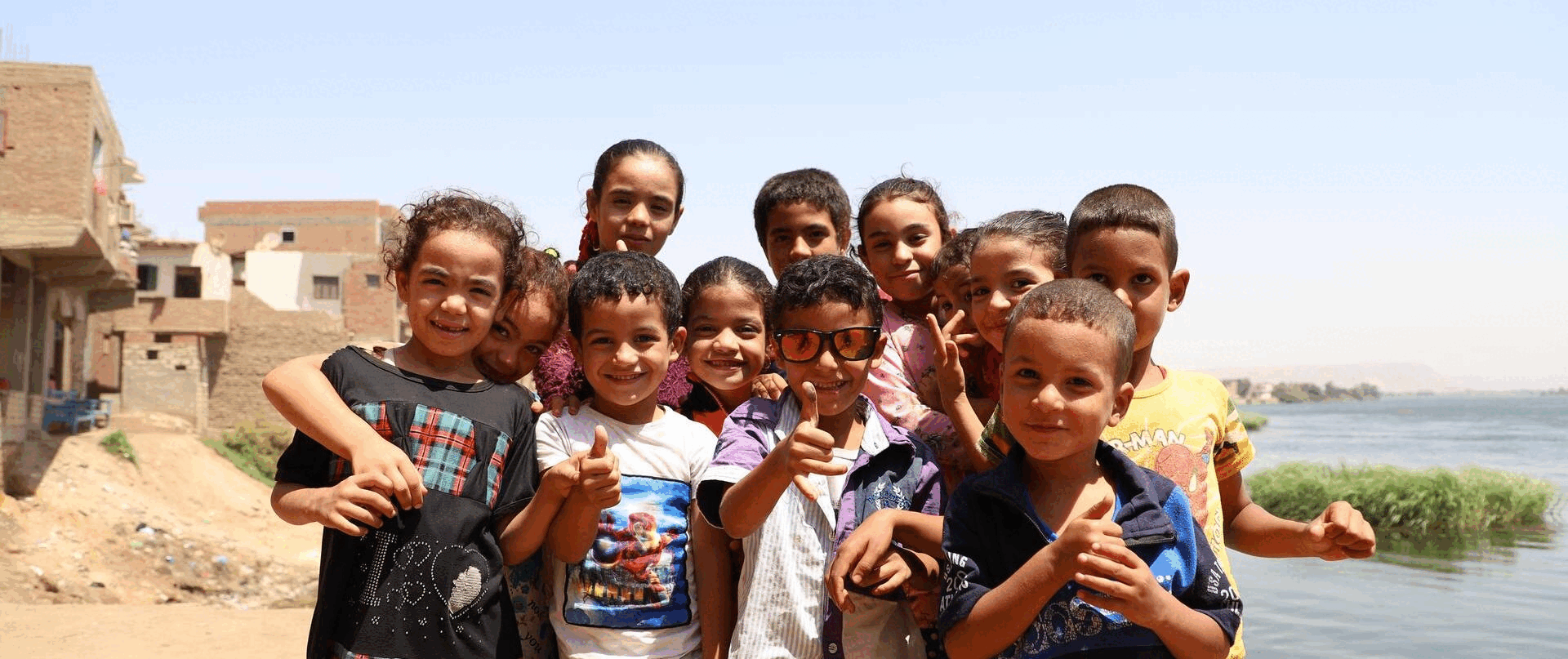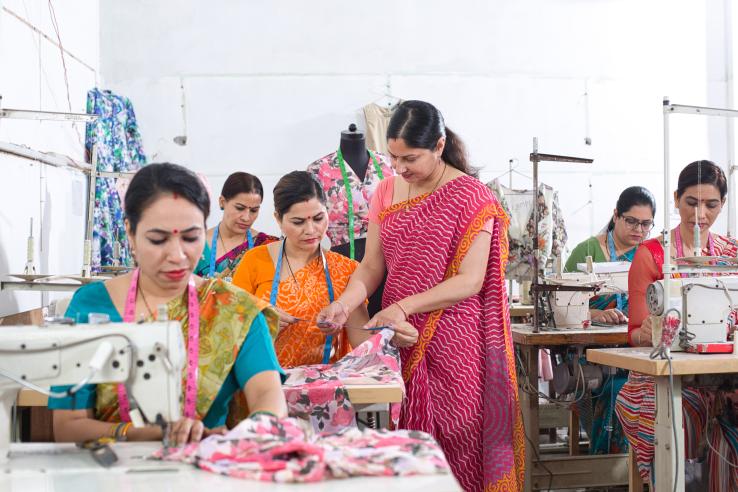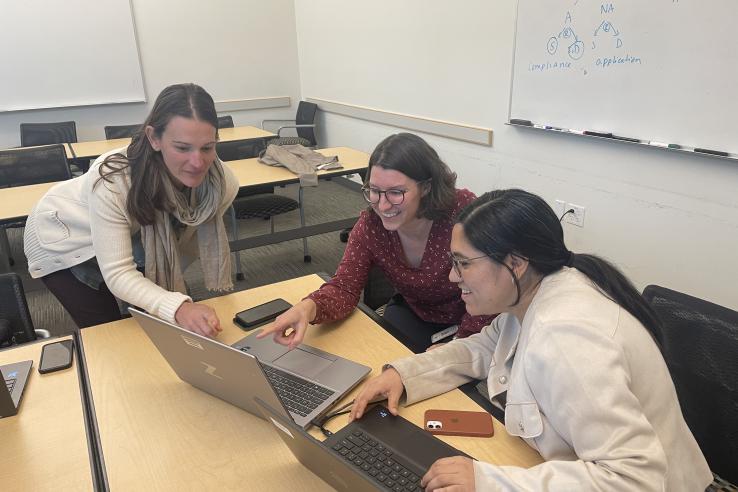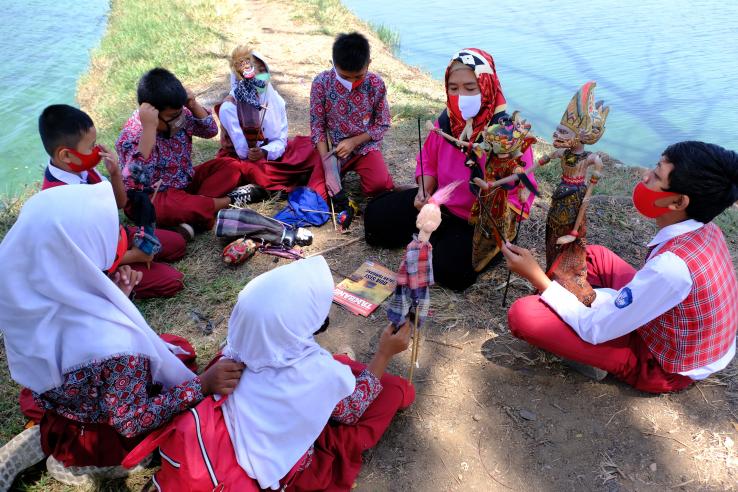Displaying 3241 - 3255 of 8491
Update
J-PAL Updates
Catch up on four months of updates from J-PAL MENA in the first quarter of 2025 — from launching HAPIE and building evidence ecosystems to marking five years of impact in the region.
Update
J-PAL Updates
J-PAL North America's April newsletter features recent work along J-PAL North America’s research lifecycle including newly funded projects and the launch of Economics Pathways, a pipeline program to empower the next generation of economists researching critical policy questions through training...
Event
Join J-PAL North America as we connect state and local climate leaders, government associations, and academic researchers from across the country to advance evidence for climate action.
Blog
Our work at J-PAL Latin America and the Caribbean (LAC) is made possible by close collaboration with and the dedication of many regional governments who recognize the importance of using data and evidence to improve social programs and public policy. Over the past fifteen years, we have worked with...
Event
On June 27, 2025, J-PAL Europe convened European development actors, academics, philanthropy, and journalists to discuss The Evidence Effect in Paris. One of our goals was to affirm a much more positive version of the story about development impact than we were seeing around us. So much measurable...
Policy insight
Programs involving community behavior-change campaigns and subsidies to boost toilet construction can improve people’s access to and use of improved sanitation facilities. However, evidence on the downstream health impacts of common sanitation programs in low- and middle-income countries has been...
Blog
With fewer resources available, the bar is even higher for deciding which social sector and development programs to invest in. Evidence can help governments, funders, and implementing organizations navigate today’s challenges and make more effective and cost-effective decisions.
Update
J-PAL Updates
In the May edition of the newsletter, we spotlight the launch of we spotlight the launch of The Evidence Effect, a new campaign showcasing how research drives impact across sectors. This edition also features ongoing work to improve worker well-being on the job and expand access to safe, dignified...
Event
Join the course team for a live webinar to explore the Data, Economics, and Design of Policy MicroMasters program, gain insights into the upcoming term, and have your questions answered in real time.
Blog
While individual behavior and corporate commitments play an important role in transitioning to a sustainable economic development model, the structural changes needed to mitigate environmental impacts can also be effectively achieved through well-designed public policies.
Blog
The EIL’s integration into the formal structure of the National Institute for Governance and Sustainable Development in 2024 marked a turning point in Egypt’s commitment to evidence-based governance.
Policy insight
Firm-level interventions aimed at improving the well-being of workers have led to safer workplaces, greater worker health, higher job satisfaction, and lower turnover. In some cases, these programs also increased workers’ productivity, which benefited their employers.
Blog
The County of San Diego’s Office of Evaluation, Performance, and Analytics (OEPA), Planning and Development Services (PDS) teams, J-PAL staff, and UCSD researchers discuss their efforts to explore innovative evaluation possibilities aimed at strengthening the implementation of the Climate Action...
Blog
J-PAL North America launches Economic Pathways, a targeted effort to empower the next generation of economists researching critical policy questions.
Blog
The past year made it clear that we need to learn to live with this pandemic but not its terrible impact. As vaccines rolled out, field research began to resume and demand soared for evidence-based policy solutions to help people recover from the unprecedented economic shocks of Covid-19.



